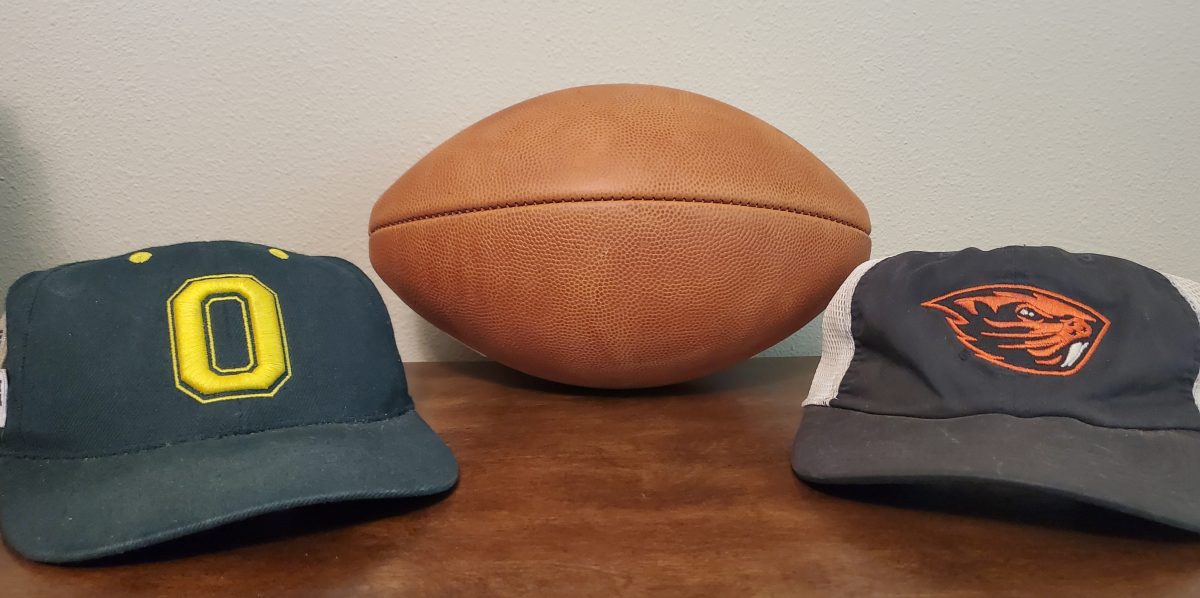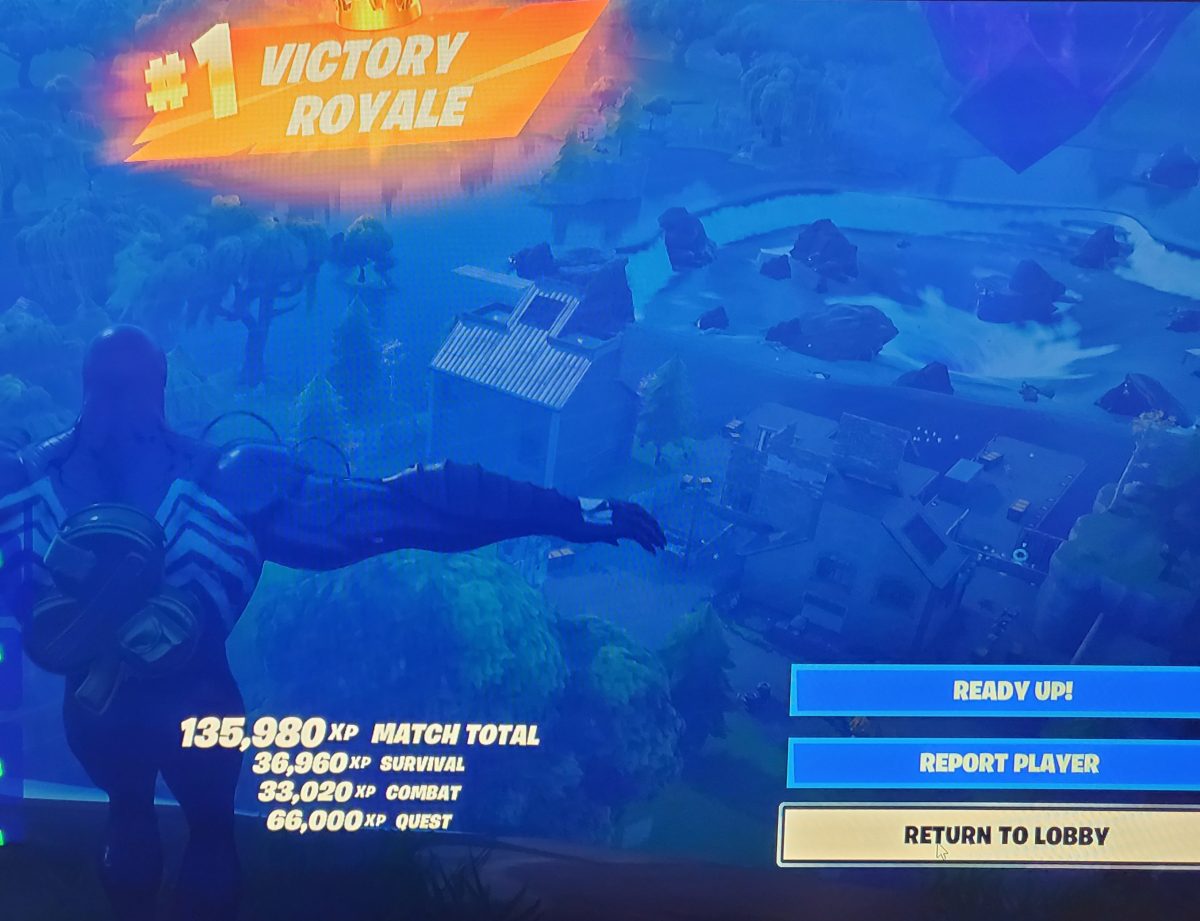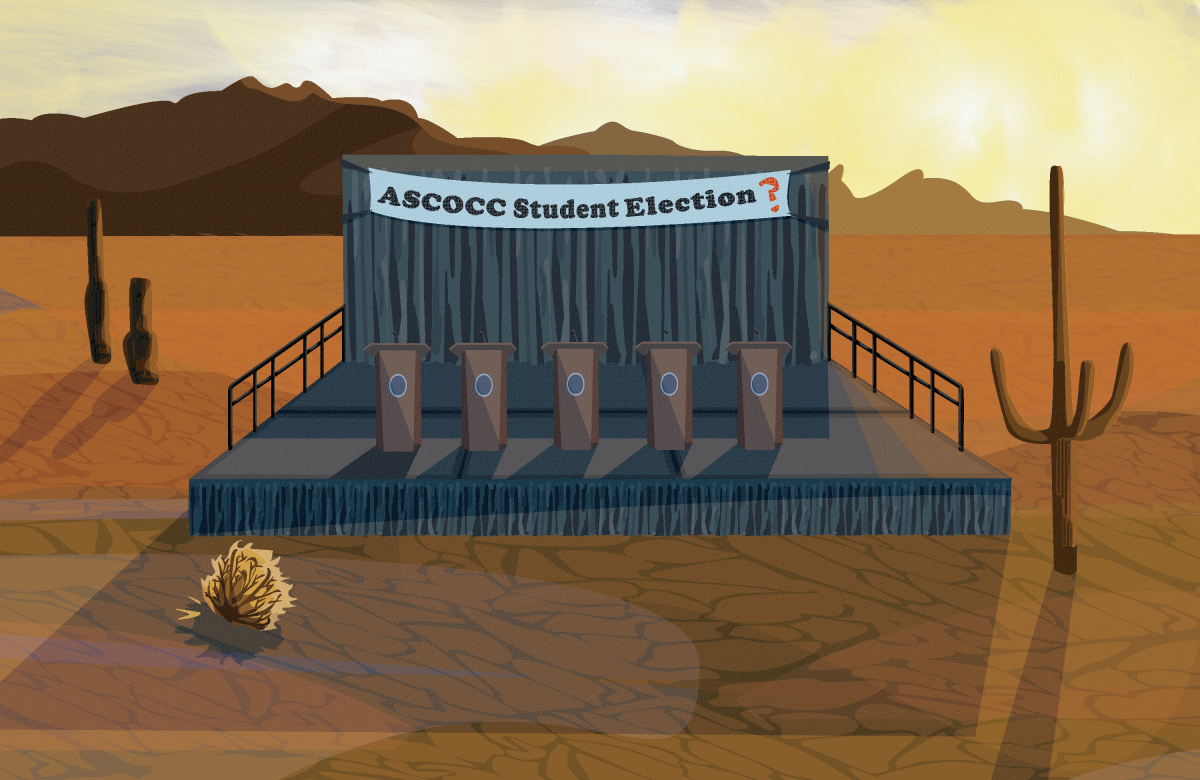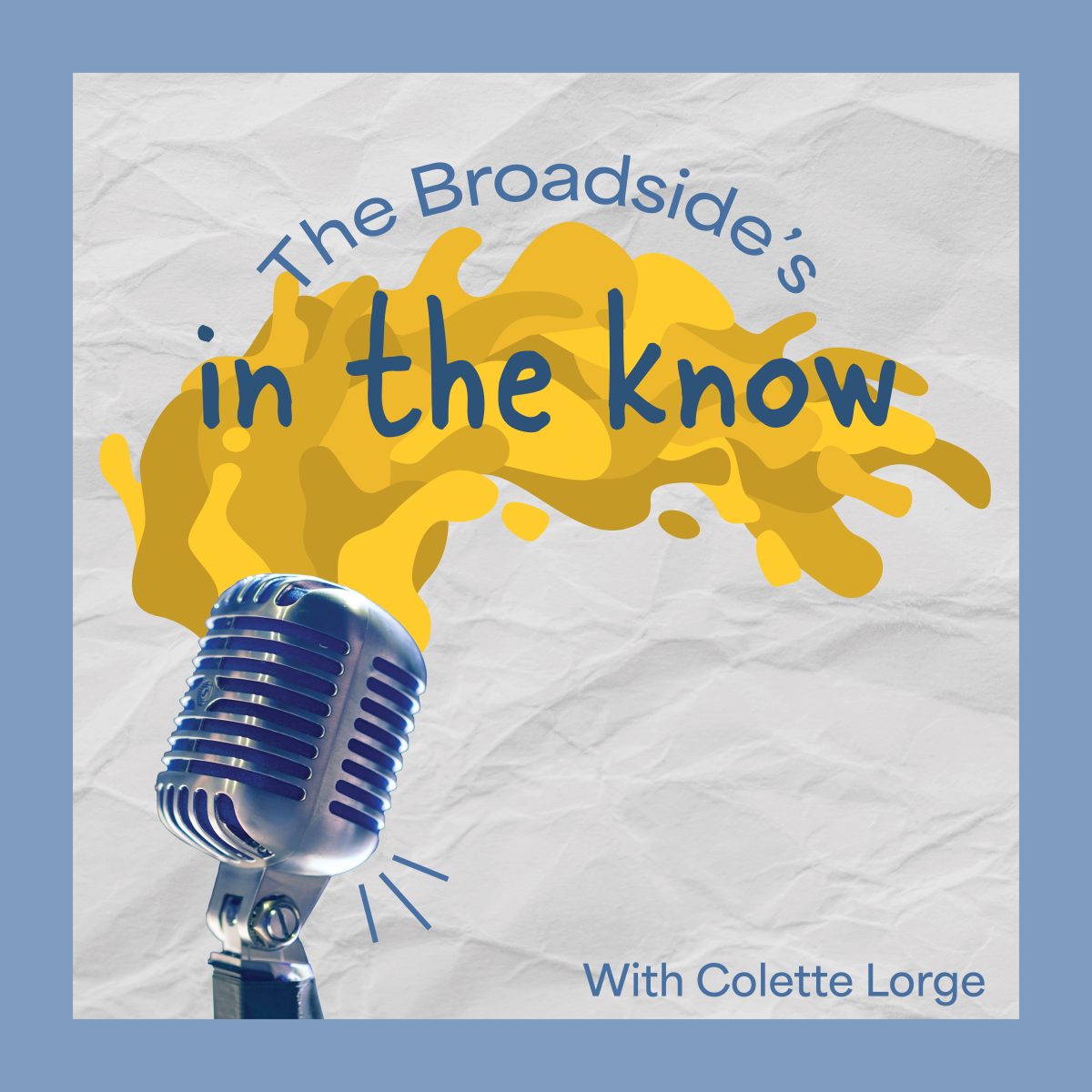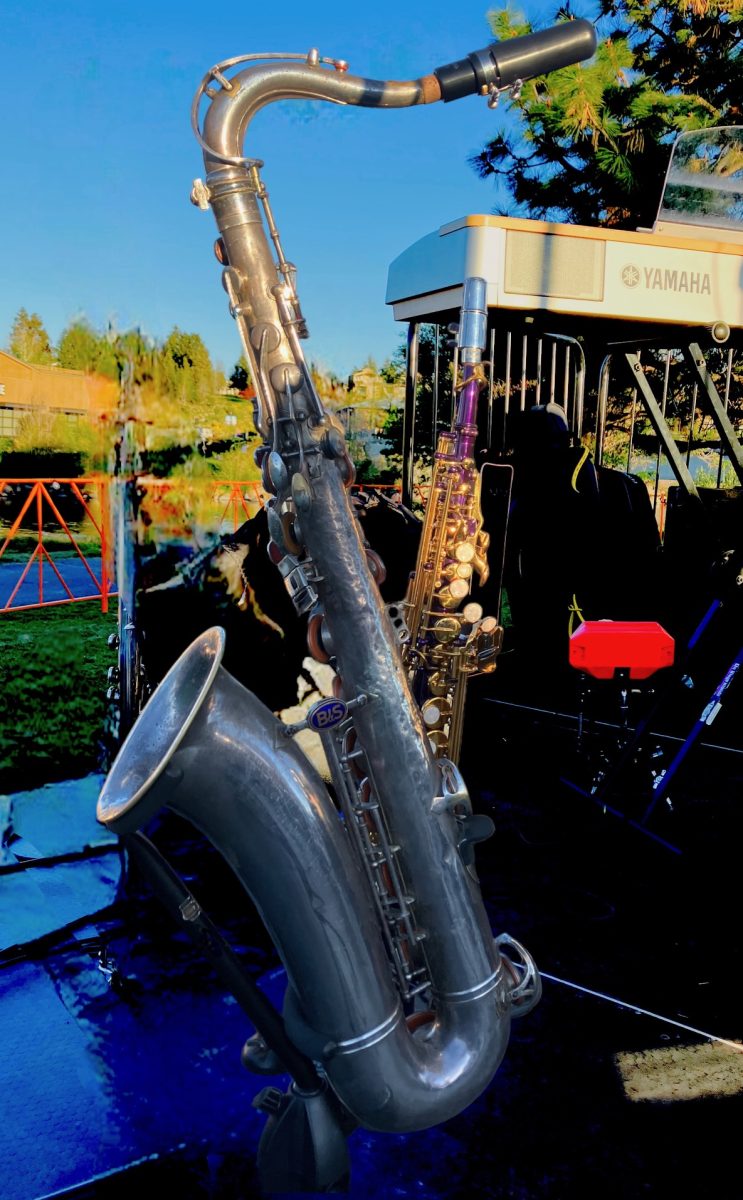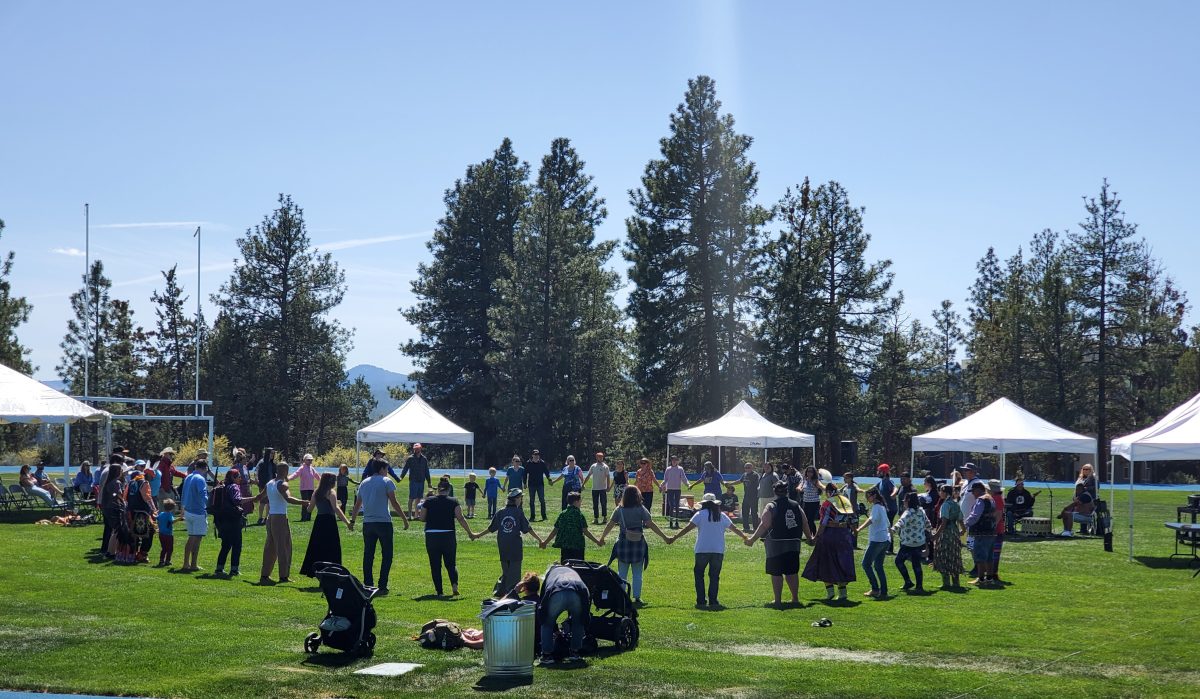“Human trafficking is slavery. Do you know how much a slave cost to buy and maintain in the 1800s? About $40,000. Today it would cost about $90-$100.” stated Nita Belles, the award-winning author of the book “In Our Backyard” and founder of the In Our Backyard – a nonprofit organization that takes on work surrounding human trafficking in Central Oregon.
“Human trafficking can start out looking a lot like a relationship,” said Aaron Brook of the non-profit organization, Saving Grace. Saving Grace is a non-profit organization in Bend that focuses on survivors of domestic and sexual violence.
Human trafficking can take the forms of slavery, sex trafficking and even labor trafficking. Belles said that sometimes seemingly good relationships can turn into trafficking situations, so it’s important to pay attention to those “red flags.” Traffickers will often target women and children with needs because they are vulnerable and they usually “recruit” people to be trafficked in bars, casinos, bus stations and even on the internet.
Lily Cabrera, who does community outreach for the Bend branch of Planned Parenthood, stressed the importance of a “culture of acceptance in violence and harm in relationships,” for survivors, especially in a college setting. In response to that, Cabrera explained FRESH – a program that COCC and Oregon State University – Cascades have created as a “safe space for people to talk and take care of each other.”
Belles told one specific story about a woman from Central Oregon who had been used as a nanny, housekeeper and a chef for an entire household, she was also being badly sexually abused by her captors. They would even bring her out in public to go grocery shopping. Belles’ explained that these people who are trafficked are often in plain sight, but sometimes people are not aware enough to notice the signs.
Belles called prostitution a very misunderstood form of human trafficking. She explained that often people believe that these women want to be prostitutes, but that’s not the case. Prostitutes are usually recruited to do sex work without pay and are often terrified that their “pimp” or captor may kill them. Due to “traumatic bonding, a scenario where a captor or trafficker will instill fear of death, but gratitude for being allowed to live in those trafficked, often,women involved in prostitution honestly believe “they are there on their own free will,” said Belles.
If someone you know or even a stranger you see often is consistently not making eye contact, nervous or depressed, with someone who is exhibiting controlling behaviors, malnourished or has signs of physical abuse, Belles explained that you, “don’t walk up to them and ask them about it, they are being watched 100 percent of the time.” You can always call the National Human Trafficking Hotline for advice at 1-888-3737-888.
Belles wrapped up her talk by telling the audience in Hitchcock auditorium that the most valuable thing anybody could do to help end human trafficking is donate, whether it’s time or money, it will help. Even if all a bystander can do is call the hotline, it could be making a difference between life and death in someone’s world.
Mckayla Schneider | The Broadside
Contact: [email protected]



